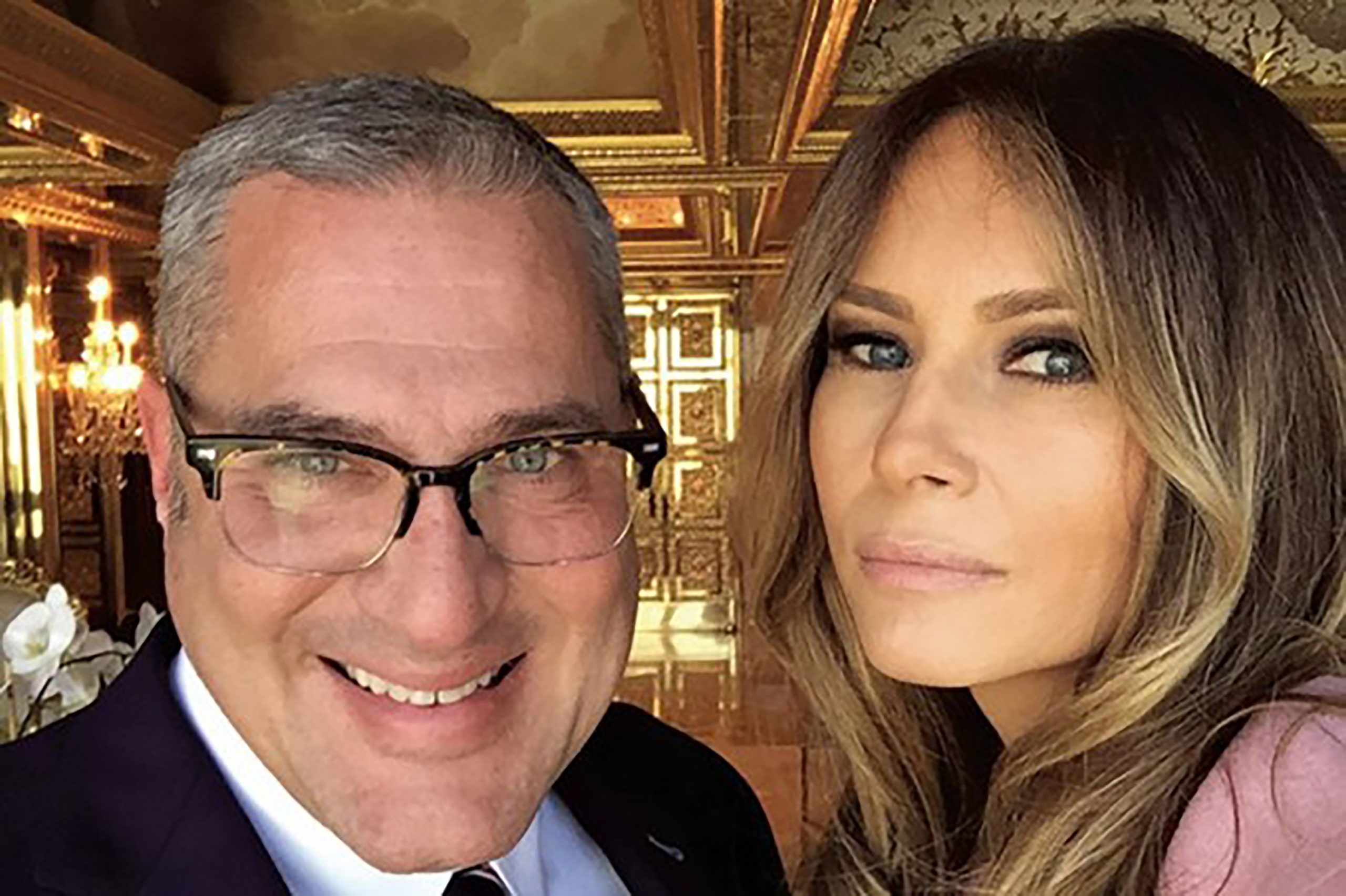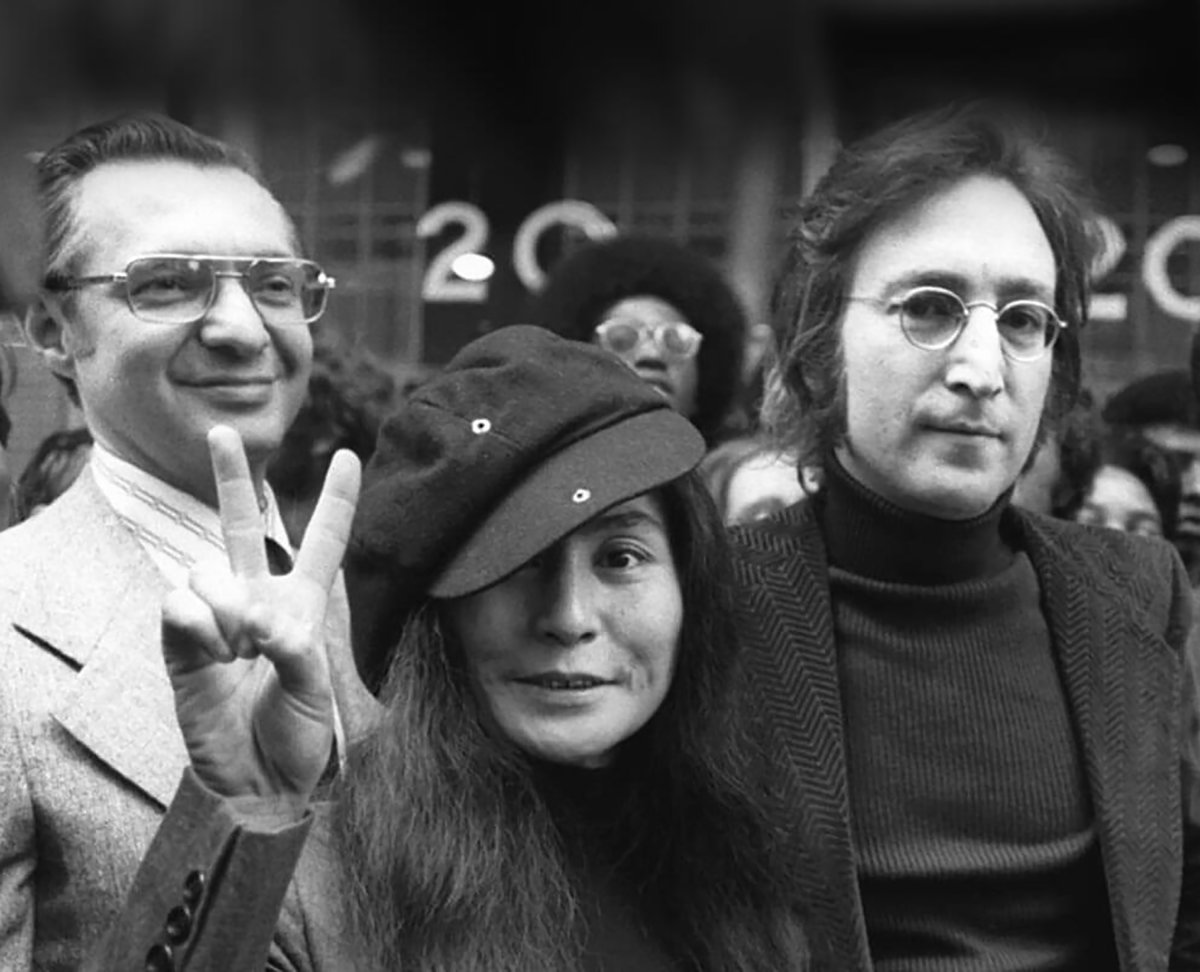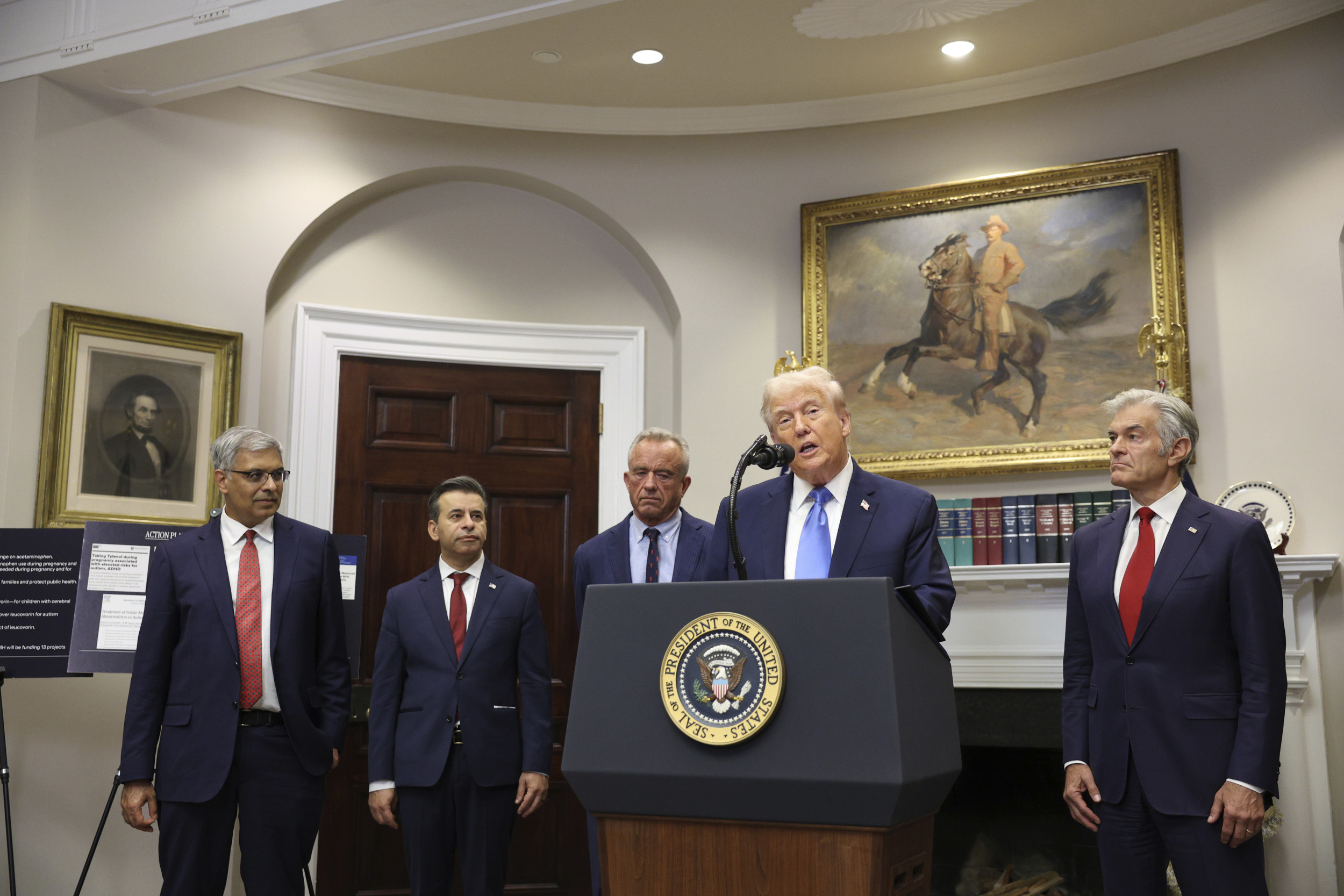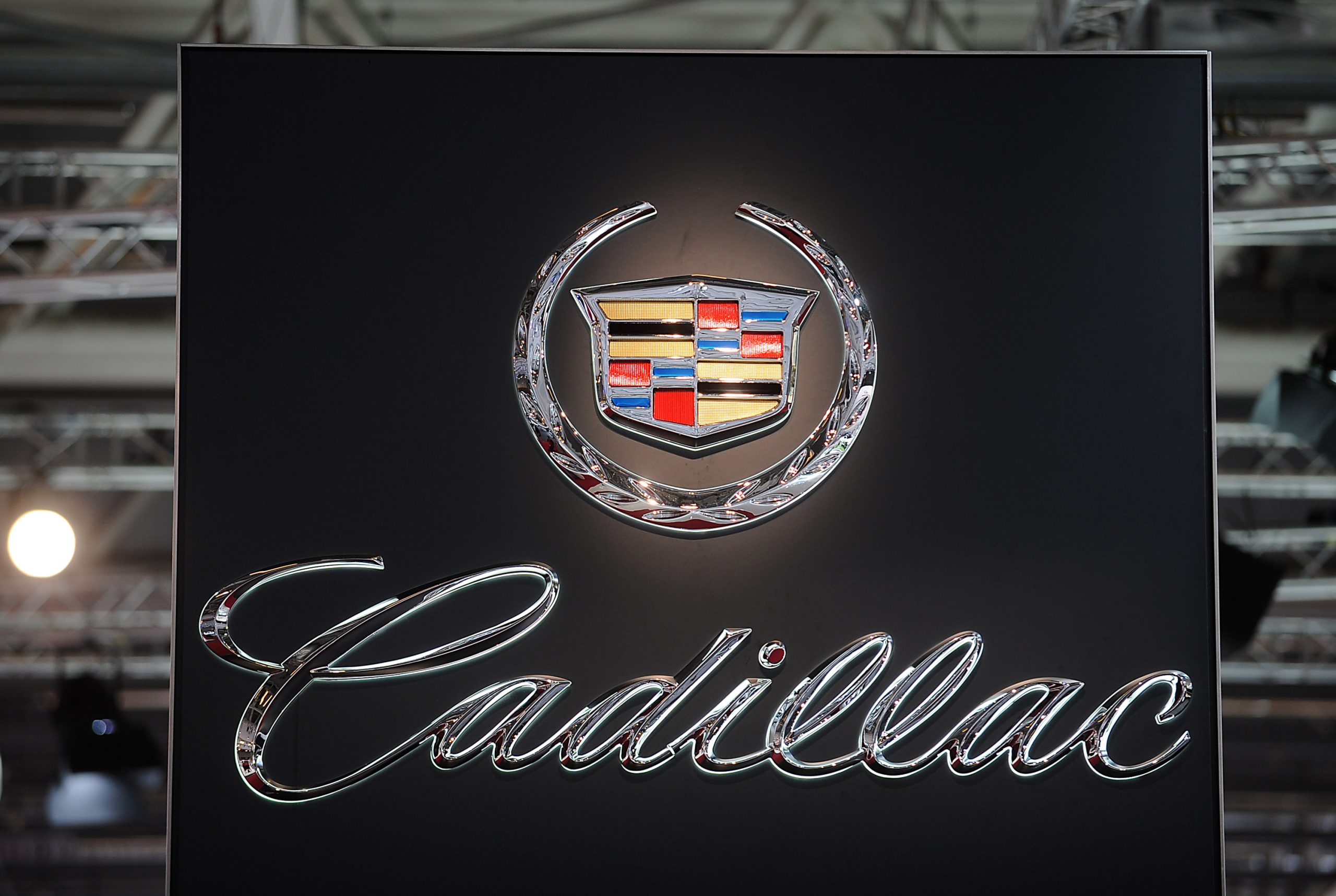
The White House’s proposed changes to how H-1B visas would be allocated, have been condemned by immigration attorney Michael Wildes, who previously represented first lady Melania Trump.
In an exclusive interview with Newsweek, Wildes said the plan to eliminate the lottery system currently in practice risks harming small businesses, rural employers, and U.S. universities.
Newsweek has reached out to the White House via email for comment.
Why It Matters
The H-1B visa program has long been a central tool for U.S. companies to hire high-skilled foreign workers, particularly in science, technology, engineering, and mathematics (STEM) fields. Each year, demand for these visas far exceeds the cap, which has traditionally been filled through a random lottery. The White House now proposes to shift away from that system and toward one that prioritizes applicants with higher wages or advanced educational credentials.
On the surface, the change could seem like a way to reward the “best and brightest.” But critics argue it would fundamentally reshape who gets access to U.S. work opportunities. The new system would tilt heavily in favor of wealthy tech companies, while leaving small businesses, rural employers, and educational institutions struggling to compete.
Opponents warn the move may also deter international students, who often hope to stay in the U.S. after graduation. Without that incentive, universities could lose out on tuition revenue, driving up costs for American students. Economists say the proposal could deepen workforce inequality, making it a flashpoint not only for immigration, but also for broader economic and education policy.

Michael Wildes
What To Know
White House H-1B Visa Proposed Changes Explained
The Department of Homeland Security (DHS) has proposed replacing the current random lottery with a “weighted selection process.” Instead of chance, visas would be awarded to applicants based on criteria such as wage levels or educational background.
This approach mirrors proposals advanced in prior administrations, but it would mark one of the most significant changes to the program in decades.
The H-1B program supplies up to 85,000 slots annually—65,000 for general applicants and an additional 20,000 for those with advanced degrees from U.S. institutions. Because applications typically number in the hundreds of thousands, the lottery has been seen as a way to give a wide range of employers a fair shot at securing talent.
Moving to a wage- or qualification-based system could dramatically alter hiring incentives. Employers might feel compelled to raise wages for foreign employees, which could have ripple effects on pay scales for U.S. workers as well.
At the same time, small- and mid-size companies that cannot match the salaries of Silicon Valley giants could find themselves effectively shut out of the process.
Wildes: Changes Would Have ‘Very Negative’ Consequences for Many U.S. Employers
Michael J. Wildes, managing partner at immigration law firm Wildes & Weinberg, is an adjunct professor at the Benjamin N. Cardozo School of Law in New York and teaches business immigration law. He is a frequent participant on professional panels and commentator on network television and radio with regard to corporate immigration law, employer sanctioned work and compliance, he is also mayor of Englewood, New Jersey, where he lives.
Some of his recent clients include first lady Melania Trump, famed artists Sarah Brightman, Lionel Richie, Boy George, former Miss Universes, as well as soccer icon Pele, master chef Jean-Georges, and many others.
Leon Wildes, Michael’s late father founded Wildes & Weinberg in 1960. He was the immigration attorney who led John Lennon and Yoko Ono’s legal defense during the Richard Nixon administration’s deportation attempt from 1972 to 1976.
Just as Lennon sought to stay in the United States. to build his family life, pursue his art, and engage in activism, people apply for H-1B visas to build careers, support their families, and contribute their skills in the U.S. In both cases, America represents opportunity, stability, and a chance to fully belong.
In an exclusive interview with Newsweek, Michael Wildes says the proposed changes to the H-1B visa system would have “very negative” consequences for many U.S. employers and students.
“I’m holding my late father’s book on the John Lennon case, which brings back some history from our firm. Leon Wildes, my father, was John’s lawyer during his deportation fight with the U.S. government back in the 1970s, so I grew up with John Lennon around, which was very cool,” he says.
“Just like back then, we have proposed new rulings, and I want to give my perspective on it because so many businesses rely heavily on H-1B talent, and these proposals, if approved, could have such a significant impact.
“It’s striking that the administration didn’t address this issue when coming into office. For transparency’s sake, you’ll see online that I’ve represented Mrs. Trump, including her U.S. citizenship, her sisters’ green cards, as well as matters involving Trump models and Miss Universe.
“Today, however, I speak in my capacity as a professor teaching business immigration law, and as a second-generation immigration lawyer continuing the practice my father began 65 years ago.
“A ranked H-1B lottery system would affect small- to medium-sized enterprises, as well as rural employers, very negatively. A lot of rural enterprises depend on this. It could affect international students and their enrollment in U.S. colleges and universities,” Wildes said.
He argues that the U.S. risks pushing away international students who not only fill classrooms, but also help subsidize scholarships and tuition discounts for domestic students. Losing them, he said, would weaken American universities’ competitiveness globally and raise costs for families at home.
“Without a clear pathway to remain in the U.S., high-talent students will choose to study elsewhere, raising tuition costs for American students. It’s stupid not to invest in foreign students who have already paid tuition and lived here, only to then let them take their talent to another economy.”

Michael Wildes
H-1B Visa Change Likely to Benefit Big Tech
The H-1B program has been politically contentious for years. During President Donald Trump‘s first administration, it came under heightened scrutiny amid a broader immigration crackdown. Critics at the time claimed that companies were using the program to replace American workers with lower-paid foreign labor.
That history of controversy continues to shape the debate today. Microsoft, for instance, has recently faced criticism for seeking H-1B visas even as it carried out layoffs of U.S. employees. Such cases fuel public skepticism about whether the program benefits workers at home.
But Michael Wildes went further, warning that concentrating visas in the hands of a few powerful companies could have destabilizing effects on the economy. “This has biblical importance, as if the pharaoh was saying to make bricks now without straw, taking away the majority benefits for a few, and that does not make for good economics.”
He added a cautionary note: “Members of the bar are thankful that the H1 is still intact, but by making it so exclusive, it will create its proportionality in the workforce. The fact that they’re not eliminating it is something that I’m grateful for.”
However, not all voices are opposed to the proposed H-1B visa changes.
The Institute for Progress, a nonpartisan think tank focused on innovation policy, has supported eliminating the lottery. Earlier this year, it suggested that the economic value of the visa program could rise by as much as 88 percent if applicants were evaluated based on seniority or salary, rather than by chance. Supporters argue that prioritizing higher-skilled or higher-paid applicants ensures the U.S. gains the maximum economic benefit from the limited number of visas available.
But Michael Wildes argues that the proposed changes would worsen the imbalance, giving even more leverage to large tech companies: “It forces employers to offer higher wages, which might look good, but ultimately increases income inequality in the workforce. A ranked system would give a massive advantage to Silicon Valley giants. Small businesses, farms, factories simply cannot compete with those wage demands.” he said.
What Happens Next
The proposed H-1B changes will not take effect immediately. The 2026 visa cap has already been reached, meaning current sponsorships are unaffected. The next step is for DHS to publish the full details of the rule. That will trigger a formal public comment period in which businesses, universities, labor groups, and advocacy organizations can weigh in.
After reviewing comments, the administration could revise or finalize the policy. That process may take months, if not longer, ensuring the debate over its economic, educational, and workforce consequences will extend well into the future.
For now, employers and students alike face uncertainty. Small businesses fear being priced out of the competition for skilled workers. Universities worry about losing international enrollment. And large corporations, while better positioned to adapt, may face public criticism for benefiting most from the changes.
What is clear is that the White House’s proposal has reopened one of the most divisive questions in U.S. immigration policy: how to balance the demand for high-skilled foreign talent with the needs of domestic workers and institutions. The outcome could reshape not only the immigration system, but also the broader economy for years to come.




